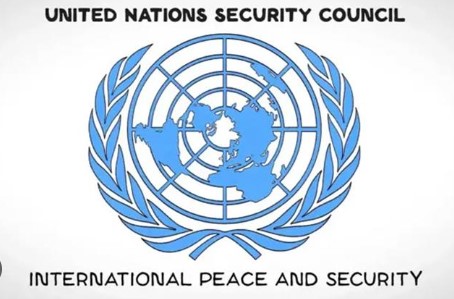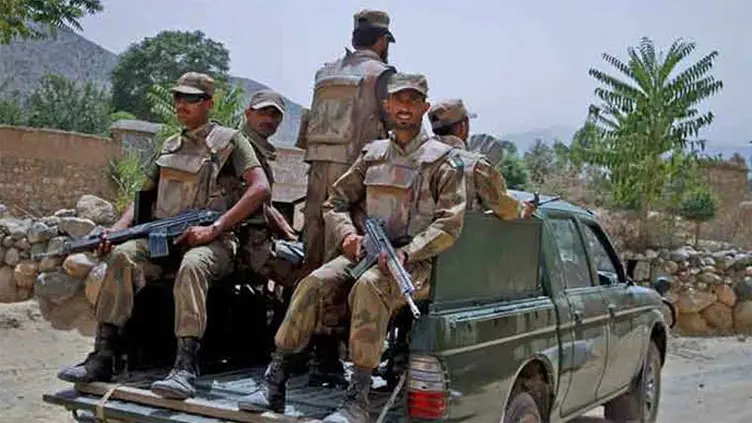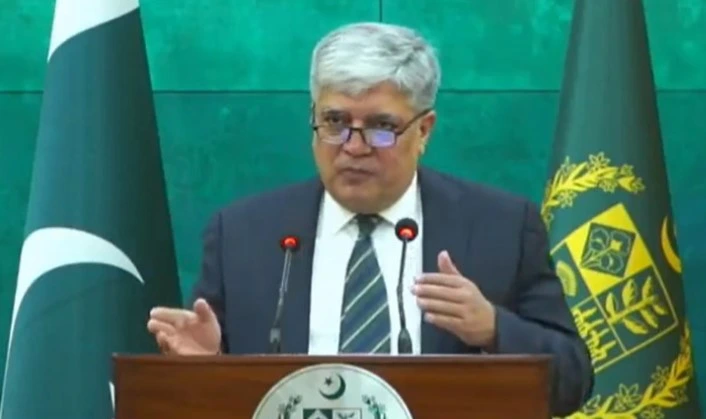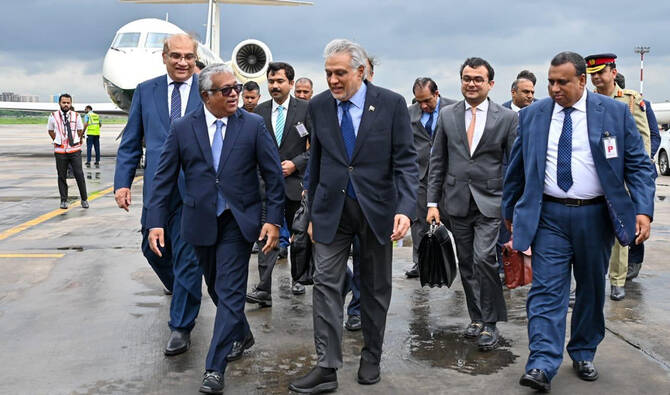
UN Report: Afghan Taliban Providing Support to TTP for Cross-Border Attacks on Pakistan
- World News
- February 14, 2025
- No Comment
UN Report: Afghan Taliban Providing Support to TTP for Cross-Border Attacks on Pakistan
United Nations, February 14, 2025 – The Tehrik-i-Taliban Pakistan (TTP), a United Nations-designated terrorist organization, continues to receive logistical, operational, and financial support from Afghanistan’s ruling Taliban regime, enabling its cross-border attacks on Pakistan, according to a new UN report.
The UN Analytical Support and Sanctions Monitoring Team released its annual assessment, revealing a surge in TTP-led terror attacks, with over 600 incidents originating from Afghan territory during the reporting period. The report underscores the growing threat of terrorism in the region and highlights the Taliban’s failure to prevent Afghan soil from being used for militancy.
According to the UN report, TTP has strengthened its presence by establishing new training centers in Afghanistan’s Kunar, Nangarhar, Khost, and Paktika provinces. The group has also intensified recruitment efforts, including drawing fighters from the Afghan Taliban.
The report further warns of increasing collaboration between TTP, Al-Qaeda in the Indian Subcontinent (AQIS), and Afghan Taliban factions, with these groups conducting coordinated attacks under the banner of Tehrik-e-Jihad-e-Pakistan.
“The growing nexus between these militant groups, particularly in the provision of suicide bombers and ideological coordination, could escalate the regional security crisis and turn TTP into a broader transnational threat,” the report stated.
The report also details the activities of ISIL-Khorasan (ISIL-K), noting that Pakistani security forces successfully thwarted its efforts to establish an external operations branch inside Pakistan. High-profile operatives arrested during the crackdown include:
- Adil Panjsheri (Afghan)
- Abu Munzir (Tajik)
- Kaka Younis (Uzbek)
In response to security measures, ISIL-K has shifted its communication strategy, replacing electronic methods with traditional courier networks to relay instructions and coordinate operations.
The report highlights a rise in violent attacks by the Majeed Brigade, an elite suicide squad of the Balochistan Liberation Army (BLA). The group has carried out multiple high-casualty attacks in Pakistan’s southern regions, including Awaran, Panjgur, and Dalbandin. Notably, the brigade has incorporated female militants into its ranks and maintains active ties with TTP, ISIL-K, and the East Turkestan Islamic Movement (ETIM/TIP).
The UN report further outlines Al-Qaeda’s growing influence, stating that the Taliban continues to provide a safe haven for the group. Sayf al-Adl, a senior Al-Qaeda leader, is reportedly working to reactivate sleeper cells in Iraq, Syria, Libya, and Europe, signaling a long-term strategy for global terror operations.
Despite internal Taliban efforts to contain ISIL-K, Afghanistan remains a hub for extremist recruitment, with over two dozen terrorist organizations operating within its borders.
The UN report concludes that the presence of multiple terrorist organizations in Afghanistan poses a serious challenge to regional stability, impacting Pakistan and neighboring states. The findings reinforce global concerns over Afghanistan’s role in harboring militant networks and the Taliban’s inability or unwillingness to curb their activities.
Security analysts warn that without decisive international intervention, the resurgence of militant groups in Afghanistan could fuel a wider security crisis across South Asia.







